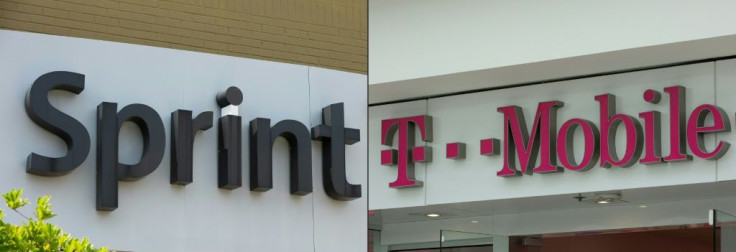US Lawmakers Fault Regulators On T-Mobile-Sprint Tie-up

US Democratic lawmakers on Monday criticized the process for approving the merger of wireless carriers T-Mobile and Sprint, saying regulators downplayed the competition implications of the $26 billion deal.
House Judiciary Committee chairman Jerrold Nadler and Energy and Commerce Committee chairman Frank Pallone expressed their concerns in a letter to Federal Communications Commission chairman Ajit Pai.
The two lawmakers cited a "troubling lack of transparency, and an apparent lack of appropriate process" by the regulatory body.
They questioned whether an original analysis drafted by the FCC's merger task force may have been supplanted later with one that downplayed the competitive risks of merging the third- and fourth-largest carriers.
"We are particularly concerned that the underlying analysis drafted by the merger task force based on the evidence submitted into the docket was altered by the commissioners and replaced with an analysis that downplays the competitive harms of the merger," Nadler and Pallone said.
"The failure to seek additional public comment after the parties entered into a consent decree with the Department of Justice raises additional procedural concerns."
Nadler and Pallone also expressed concerns about private or "ex parte" conversations between representatives of T-Mobile and FCC commissioners which could violate the agency's rules.
The FCC last month cleared the deal on a contested 3-2 vote following approval by antitrust officials at the US Justice Department.
The approval is conditioned on the divestment by Sprint of its prepaid division Boost Mobile to the satellite broadcast group Dish, which will begin building a new national wireless network.
Backers of the deal say combining T-Mobile and Sprint will create a strong number three US wireless carrier behind Verizon and AT&T, with the resources to invest in 5G, or fifth-generation, networks.
Critics claim, however, it will reduce choices for American consumers and ultimately lead to higher prices.
The companies have said they would not finalize the deal until an antitrust challenge from more than a dozen US states is resolved. They anticipate a closing sometime next year.
© Copyright AFP 2024. All rights reserved.





















